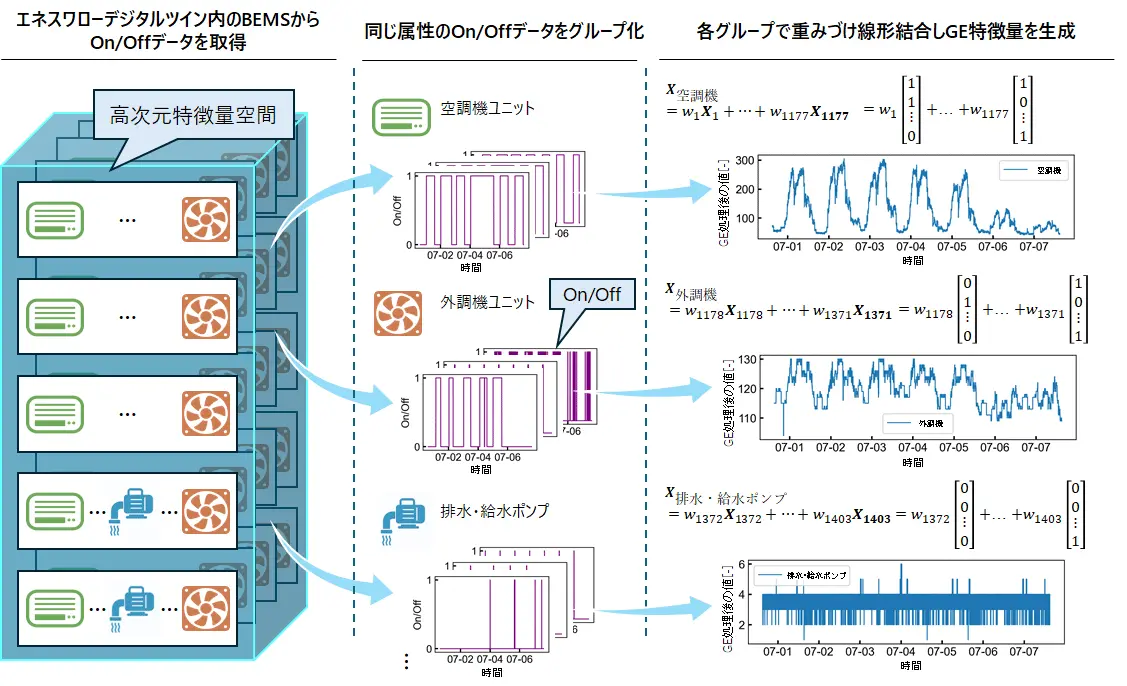2025-06-09 九州大学
<関連情報>
- https://www.kyushu-u.ac.jp/ja/researches/view/1281
- https://www.kyushu-u.ac.jp/f/61915/25_0609_01.pdf
- https://onlinelibrary.wiley.com/doi/10.1002/anie.202502702
窒素ドープ炭素電極触媒の性能が酸性条件下で低下するのはなぜですか? Why Does the Performance of Nitrogen-Doped Carbon Electrocatalysts Decrease in Acidic Conditions?
Kenji Hayashida, Junji Nakamura, Kotaro Takeyasu
Angewandte Chemie International Edition Published: 02 May 2025
DOI:https://doi.org/10.1002/anie.202502702
Graphical Abstract
The oxygen reduction reaction (ORR) of nitrogen-doped carbon catalysts proceeds through electron injection into the π* orbital, triggered by the hydrogenation of pyridinic nitrogen. By closely tracking the changes in the electronic state during the reaction, we have reported that the decrease in ORR activity in acidic electrolytes is due to the protonation of pyridinic nitrogen, which precedes its hydrogenation.

Abstract
Nitrogen-doped carbon has emerged as a promising low-cost and durable alternative to platinum catalysts for the oxygen reduction reaction (ORR) in fuel cells. However, its catalytic activity decreases significantly in acidic electrolytes, limiting the practical applications. Here, we report the degradation mechanisms of nitrogen-doped carbon catalysts, focusing on the acid-base equilibrium of pyridinic nitrogen (pyri-N), which serves the primary active site. We found that the electrochemical hydrogenation of pyri-N to pyri-NH, coupled with oxygen adsorption, is a critical process. Although this reaction occurs at higher potentials in basic electrolytes, it shifts to lower potentials in acidic environments due to the protonation and stabilization of pyri-N. These results demonstrate that the decrease of the catalytic activity in acidic electrolytes is tied to the basicity of pyri-N. By controlling the basicity of pyri-N, specifically its pKa, a guideline for enhancing the ORR and other electrode reactions has been established.



